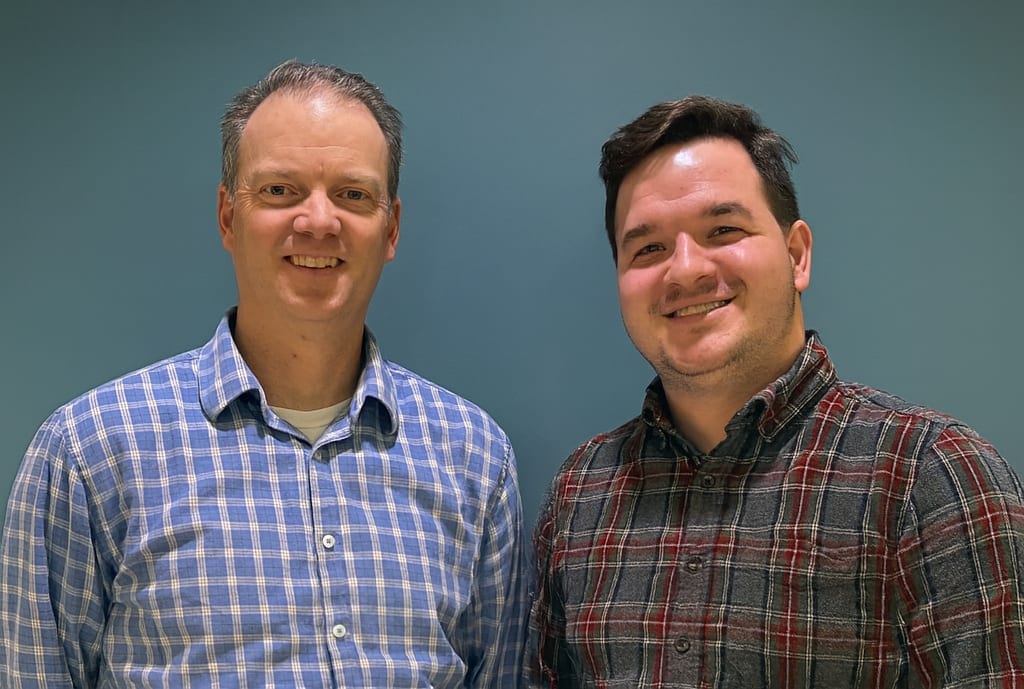
Webinar Featuring Patrick Murphy, Ph.D.
Thursday, December 4, 2025 (1:00 PM - 2:00 PM) (EST)
Description
Please consider attending our next webinar with Patrick Murphy, Ph. D., Associate Professor at the University of Connecticut, who will present a talk entitled: "Post-transcriptional pathways defining endothelial behavior and inflammatory responses in chronic vasculopathy." Dr. Murphy will be joined by his student, Chris Pathoulas, MD/PhD candidate, who will discuss aspects of the project.
Abstract: Cardiac allograft vasculopathy (CAV) remains the leading cause of late graft failure and mortality in heart transplant recipients and is linked to platelet activation and TGF-β signaling. Endothelial cells (ECs) are thought to play a key role in CAV; however, a limited understanding of EC transcriptional changes in CAV has hindered targeted therapies. To define these changes, we isolated nuclei from nineteen sequential standard-of-care biopsies from five donors, endpoint explants from nine CAV hearts, and two acutely rejecting but non-CAV hearts. To assess endothelial alterations, we applied intranuclear cellular indexing of transcriptomes and epitopes (inCITE-seq) to profile both mRNA expression and key transcriptional and post-transcriptional regulators of EC function. This revealed increased TGF-β signaling and reduced oxidative phosphorylation in the endothelium. Polypyrimidine-tract binding protein 1 (PTBP1), a critical post-transcriptional regulator of metabolism induced by platelet activation, was markedly elevated in CAV endothelium. Nuclear PTBP1 levels closely correlated with TGF-β signaling and cardiovascular parameters linked to CAV, suggesting that endothelial PTBP1 may couple TGF-β activity to CAV-associated phenotypes. To test this, we excised PTBP1 from the endothelium in transplanted heart tissues in a C57BL/6:Balb/c F1 murine model of cardiac transplantation. One month post-transplant, hearts lacking endothelial PTBP1 retained greater mass, exhibited reduced CAV, fibrosis, and hypoxia, and showed a more tolerogenic immune profile. At the molecular level, endothelial PTBP1 loss reversed CAV-associated gene expression signatures, largely driven by reduced oxidative phosphorylation and interferon-γ signaling. Thus, endothelial PTBP1 induction in heart transplant is required for CAV, revealing a critical role for post-transcriptional reprogramming of the endothelium in tissue transplant injury.
Images

NAVBO Online
Webinar Series